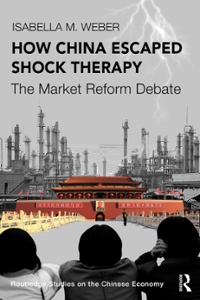Question
A. If the price of Pappy Van Winkle Bourbon (trust me, it exists) retails for $150 per bottle and the State Board of Equalization decides
A.
If the price of Pappy Van Winkle Bourbon (trust me, it exists) retails for $150 per bottle and the State Board of Equalization decides to tax spirits at 10%, illustrate (DRAW A GRAPH) and explain if demand is relatively elastic, who bears most of the tax and why. BE SURE TO LABEL YOUR GRAPH AND EXPLAIN EQUILIBRIUM PRICES BEFORE AND POST TAX. THE SAME APPLIES TO "PART B" BELOW.
B.
Pappy again...this time illustrate and explain if sellers of the bourbon are elastic, who bears the brunt of the tax and why.
C. Lastly, it seems that although the nation is coming out of the COVID crisis, in some areas, there are still labor shortages. Of course, childcare costs contribute to some of the reason behind why many parents opt to "work from home," but a lot of folks aren't parents...hmm. Let's see if Indifference Curves might offer some explanation...
How might you explain -with leisure measured on the vertical axis and working hours on the horizontal along with an indifference curve attached and budget constraint drawn- "why" people are working less if income is held constant (doesn't change)? What direction might the curve move while still tangent to the same budget constraint representing income if incomes were held constant as a part of COVID relief?
Step by Step Solution
There are 3 Steps involved in it
Step: 1

Get Instant Access to Expert-Tailored Solutions
See step-by-step solutions with expert insights and AI powered tools for academic success
Step: 2

Step: 3

Ace Your Homework with AI
Get the answers you need in no time with our AI-driven, step-by-step assistance
Get Started


